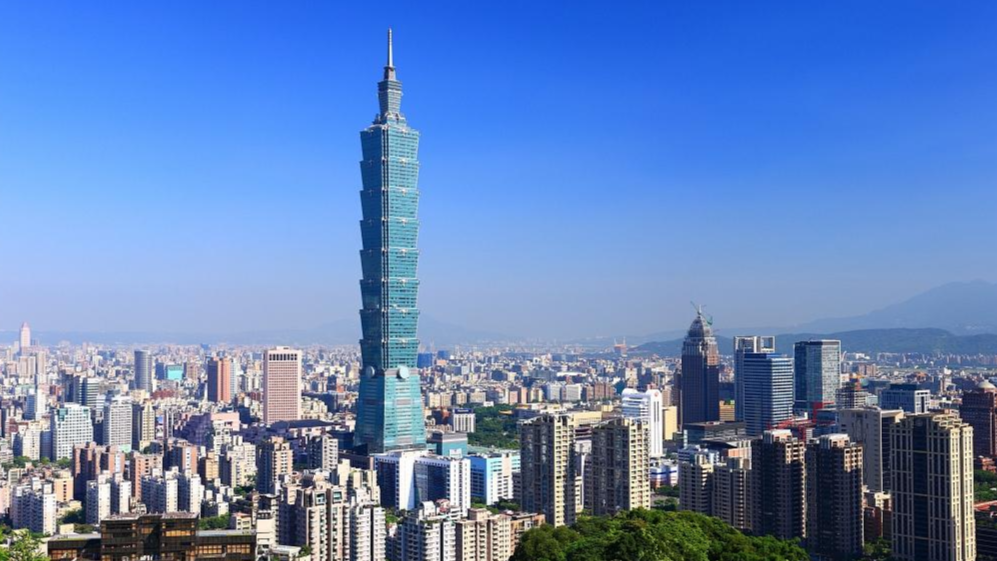
Experts from the Chinese mainland have criticized Taiwan leader Lai Ching-te for promoting the "two-states" fallacy in his speech on Thursday, saying it exposed his intention of splitting China and undermined peace in the Taiwan Strait.
Experts on cross-Strait relations on Friday reaffirmed the significance of the United Nations General Assembly Resolution 2758 and the one-China principle.
The resolution, which was adopted in 1971, resolved China's representation and clarified that the People's Republic of China represented the whole of China, including Taiwan.
Lai, who claimed that the PRC does not have the right to represent Taiwan, aiming to internationalize the Taiwan question and found excuses for his secession efforts on the global arena, they said.
Li Zhenguang, a professor of Taiwan studies at Beijing Union University, highlighted that Lai's insistence on the "two states" theory was fundamentally aimed at dividing and splitting China.
ALSO READ: China reaffirms opposition to US arms sales to Taiwan
Both the Constitution of the People's Republic of China and relevant regulations in Taiwan clearly state that both sides belong to one China, Li said.
"Therefore, Lai's insistence that the two sides do not belong to each other is merely playing with words and a clear violation of the law," he said, adding that Lai's intentions to separate the Chinese mainland from Taiwan is a criminal act.
Zhu Guilan, an assistant professor from Tsinghua University's Institute of Taiwan Studies said fundamentally the expressions were aimed at his separatist goals.
Zheng Jian, a professor of Taiwan studies at Xiamen University condemned the Democratic Progressive Party for hyping up military exercises from the Chinese mainland before Lai's speech as a form of cognitive warfare operation.
"The DPP authorities knew in advance that Lai's speech was provocative, so they wanted to push the responsibility of the increasingly tense situation in the Taiwan Strait onto the mainland. Therefore, they claimed that regardless of what Lai said, the mainland would still conduct military exercises," Zheng said.
"After Lai's speech, the DPP suggested on numerous occasions that his speech had showed goodwill, so why would the mainland make counter measures?" he said, adding that the news was not released casually by DPP authorities.
This tactic, according to Zheng, was a way to deflect blame onto the mainland and manipulate perceptions.


